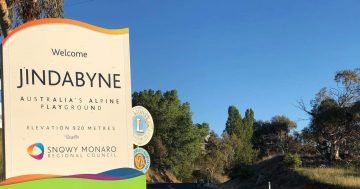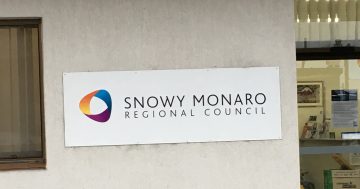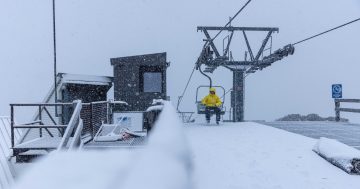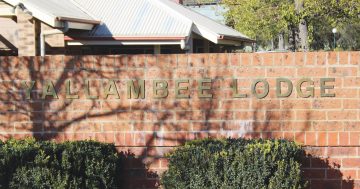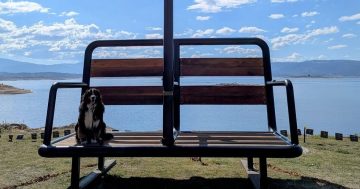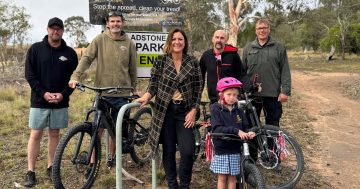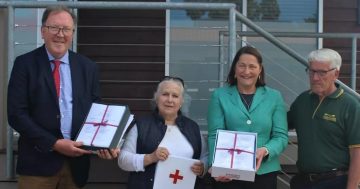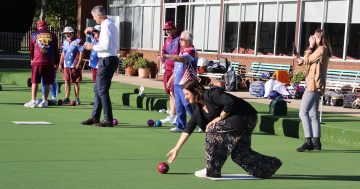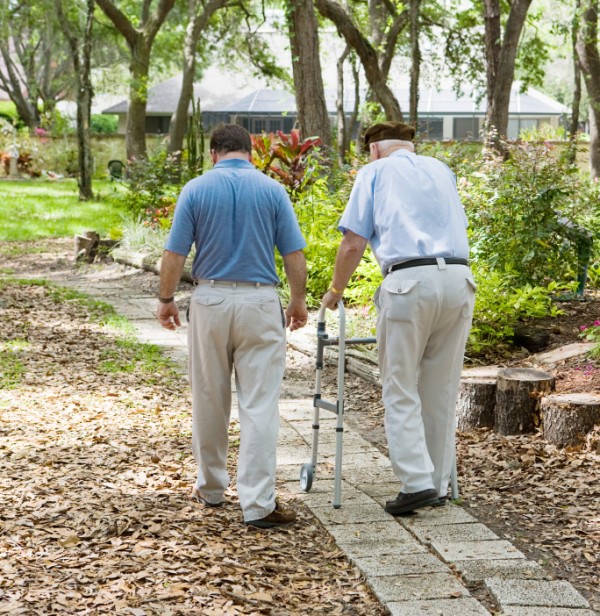
The Snowy Monaro region wants a community aged care facility built in Jindabyne. Photo: File.
Calls are being made at both a community and national level for greater action on aged care in southeast NSW, including Jindabyne, to allow the region’s older residents to remain in their hometowns for as long as possible.
“Aged care is one of those fundamental services that a community needs for it to take care of its most vulnerable [people],” said Olivier Kapetanakos, from the Jindabyne Action Group and the Jindabyne Community Association.
He said during the past 10 years, Jindabyne has changed from having a large travelling population, and being a tourist and ski town, to a lifestyle town where people want to live.
Mr Kapetanakos said the nearest residential aged care facilities to Jindabyne are Berridale and Cooma – about 30km and 60km away, respectively – and couples from Jindabyne are having to make the decision to leave the town to access better aged care support, but this means leaving behind other family members.
“One person may require services and the other doesn’t, but they have to go together so it can be pretty destructive to a family dynamic,” he said. “It really can break up a family.”
READ ALSO: More than 1000 Canberrans remain on home care support waiting list
Being a regional town with a lack of adequate public transport options also factors into people’s decisions to move, said Mr Kapetanakos.
In a move that has created some unease in the community, Snowy Monaro Regional Council recently decided to use a Federal Department of Health grant to explore the transition to a new provider for Cooma’s Yallambee Lodge and Berridale’s Snowy River Hostel.
Council stated the residential aged care services are operating at a $2.132 million deficit due to increased regulation during the past two years.
“A significant financial investment is required to provide the region with the best care possible into the future,” said Snowy Monaro Regional Council Mayor Peter Beer.
“A strong strategic plan for the region will ensure facilities can service those most in need, including high-care which is currently limited.”
Expressions of interest will be sought from specialised aged care providers who are experienced in the delivery of quality outcomes and have the ability to invest to build new facilities or refurbish existing facilities.
Council will continue to deliver residential aged care services in the region until a new provider is found.
Mr Kapetanakos said Jindabyne needs land to build a community aged care facility, and he believes the area is affluent enough to have its own aged care facility funded by its residents.
But he said an issue is there’s not a lot of land to buy locally, or it is not zoned for aged care so changes to zoning would need to be made.
Member for Eden-Monaro Kristy McBain has joined the call for greater investment into aged care, saying waiting lists for home care packages across Australia showed by September 2020 that almost 100,000 older Australians are in need for care.
She said in the Southern Highlands zone, which includes Eden-Monaro, 1109 people are waiting. She said this had increased from 608 in a previous reporting period in early 2020.
“When you dig a bit deeper into these numbers from the Productivity Commission you start to get a sense of the human toll the crisis in our system is having,” said Ms McBain.
“Some on the NSW waiting list, those with the highest needs, are stuck there for almost three years.
“People want to be able to grow old within the community that has been their life, close to people and places they know and love, and that is a real challenge in places such as Jindabyne and Cooma.”
In response, Federal Minister for Senior Australians and Aged Care Services Richard Colbeck said the number of people in home care in the Southern Highlands increased by nearly 10 per cent between 31 March and 30 September in 2020.
“The government’s significant investments in home care means that, for example, in less than two years, the number of people in the National Prioritisation System with a level 4 approval has dropped 75 per cent,” he said.
“Between now and 30 June, the number of home care packages available to senior Australians will increase by approximately 1200 per week.
“In addition, around 99 per cent of senior Australians waiting for a package at their assessed level also have been offered support from the government, including an interim package or Commonwealth Home Support Program, and continue to have access to Australia’s world-class health care system.”
Mr Colbeck said the Federal Government has announced $5.5 billion for 83,105 additional home care packages since the 2018-2019 budget.






